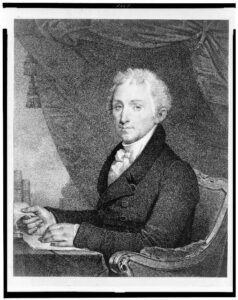Lincoln's Thanksgiving Day Proclamation
Abraham Lincoln called for national days of Thanksgiving more than once during the Civil War. On April 10, 1862, after the union victory at Shiloh and the fall of the Confederate fortress at Island No. 10 on the Mississippi River, Lincoln called for sabbath-day thanksgiving observances; and following the victories at Gettysburg and Vicksburg, he called for a national day of “Thanksgiving, Praise and Prayer” to be observed on August 6, 1863. On both occasions he emphasized the hope that these partial victories gave: “that the Union of these States will be maintained, their constitution preserved, and their peace and prosperity permanently restored” while also calling for prayers of intercession for those who had suffered during the war and for prayers of repentance—a tacit acknowledgement that the conflict was in some sense due to a sin committed by the nation as a whole.
But when Lincoln proclaimed a national day of thanksgiving in November of that year, he did so in a way that recalled Washington’s similar proclamation in 1789. He issued the proclamation on October 3rd, as Washington had, and like Washington he chose the fourth Thursday of November for the celebration. And, like Washington, whose pointed to the “tranquillity, union, and plenty” the nation had enjoyed since the conclusion of the Revolution, Lincoln emphasized the blessings the nation had enjoyed in the midst of civil war: peace with foreign powers, maintenance of civil order away from the battlefield, and the continuance of farming and industry. As long and wearying as the war had proven to be, it had not undermined the fundamental character and purposes of Americans, and the nation seemed “permitted to expect continuance of years with large increase of freedom. No human counsel hath devised nor hath any mortal hand worked out these great things.” As Washington had called for thanksgiving that an unprecedented attempt to establish republican government had actually succeeded, now Lincoln asked Americans to thank the divine power that seemed willing to allow the republic to continue, even while punishing it with a costly civil war.


